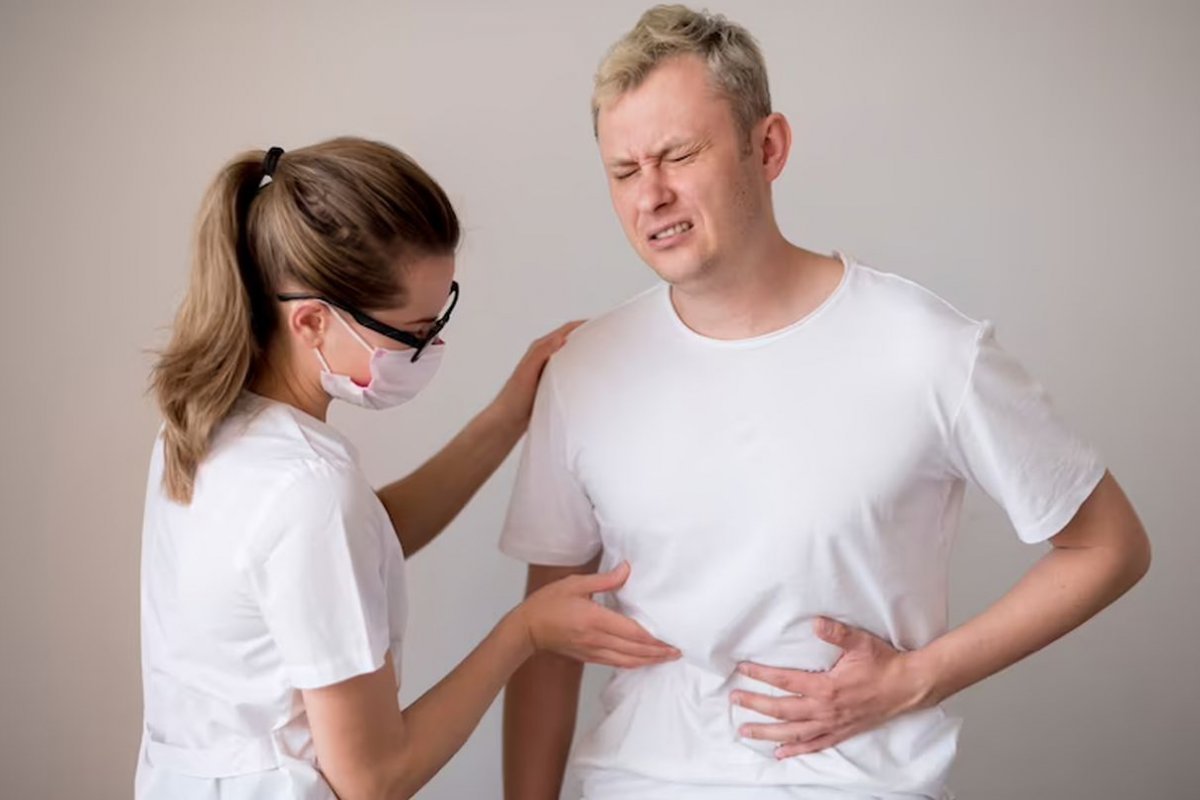
Non-alcoholic fatty liver disease (NAFLD) is one of the most common chronic liver diseases in the world. As the name of the disease suggests, it occurs in people who do not abuse alcohol. It develops when too much fat accumulates in an organ.
A harmless symptom may indicate serious liver problems, according to a study published in Express. It is important to pay attention to any signals from the body, because in the initial stages of NAFLD often does not manifest itself and can go unnoticed for years.
The fourth and final stage of fatty liver disease is known as cirrhosis, and occurs after years of inflammation, causing the liver to become scarred, lumpy, and shrunken.
Cirrhosis eventually leads to liver failure, with deadly consequences .
Cirrhosis can cause a wide range of symptoms, some of which are not obvious. One of them is noticeable when combing or washing the hair – they fall out too much, sometimes patients describe this symptom with the word “hair loss”.
“There are a number of other health issues that can cause hair loss, but if it's unexplained or combined with other classic signs of cirrhosis, see a doctor,” the study says.
Other signs of cirrhosis:
- Fatigue and weakness
- Loss of appetite
- Weight loss and muscle wasting
- Feeling unwell
- Nausea and vomiting
- Soreness in the liver
- Severe itching
- Yellowing of the skin and whites of the eyes (jaundice )
- Prone to bleeding and bruising
- Bouts of fever and chills
- Edema
- Bloating
Factors that may increase the chance of developing fatty liver disease:< br>
- Obesity
- Lack of exercise
- Smoking
- Type 2 diabetes
- li>
- High blood pressure.
Read also: Surgeon Karan Rajan says the belly button should be cleaned every day to avoid bad breath and infections.
More on the topic: Oncourologist Gadziyan warns that soda is dangerous for the brain due to a popular dietary supplement. >Important! Information provided for reference purposes. Ask a specialist about contraindications and side effects and under no circumstances self-medicate. At the first sign of illness, consult a doctor.
